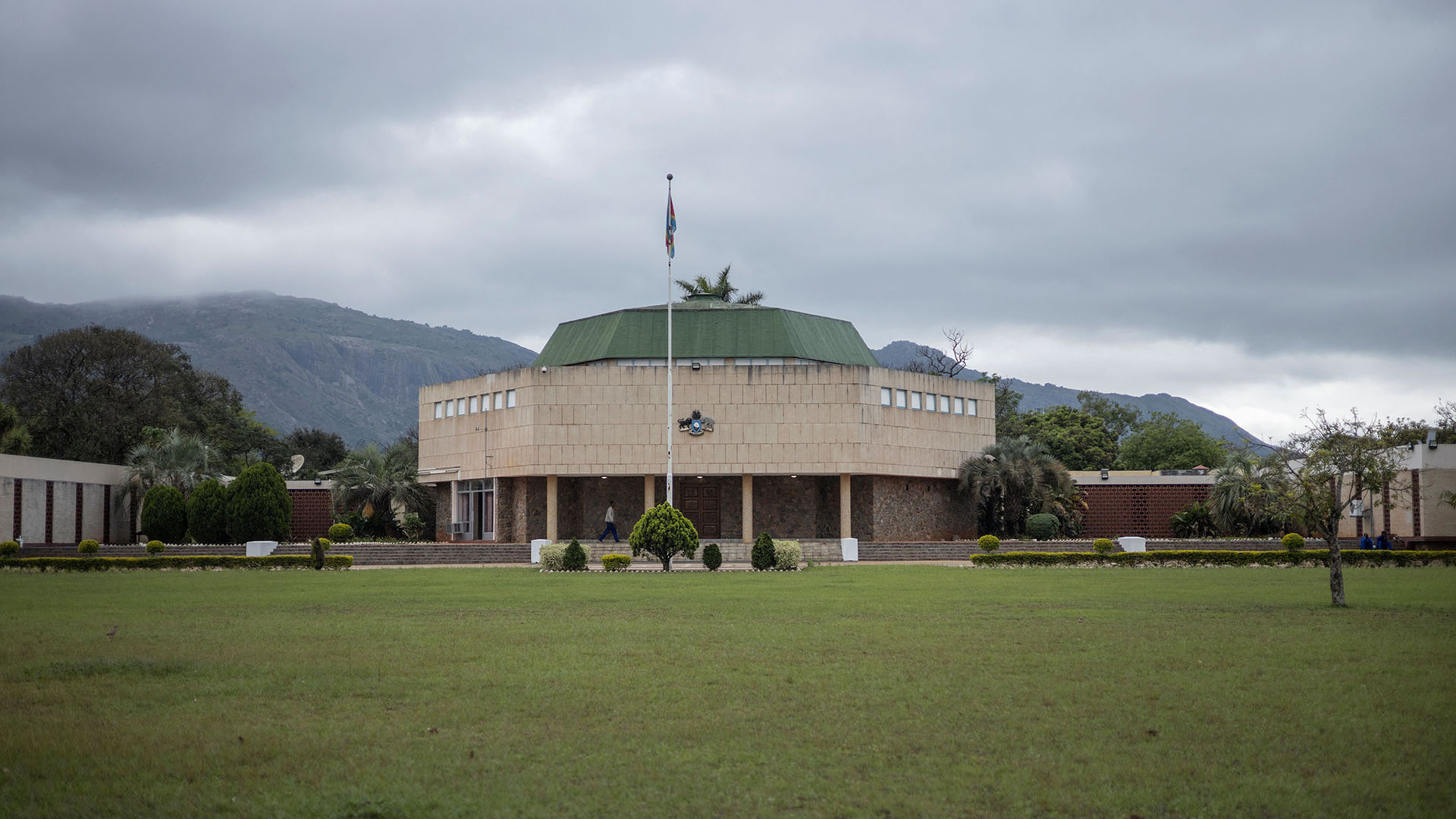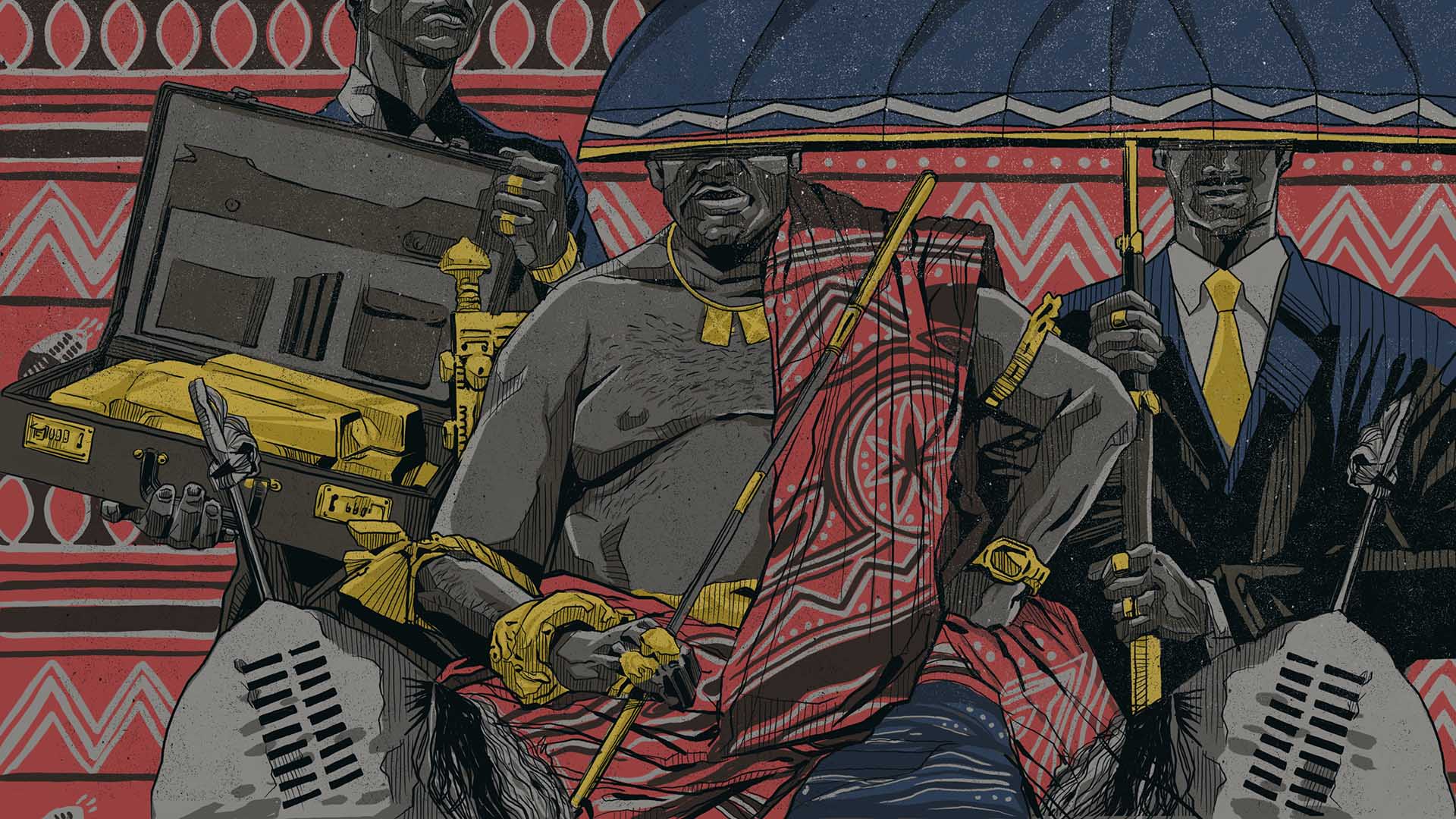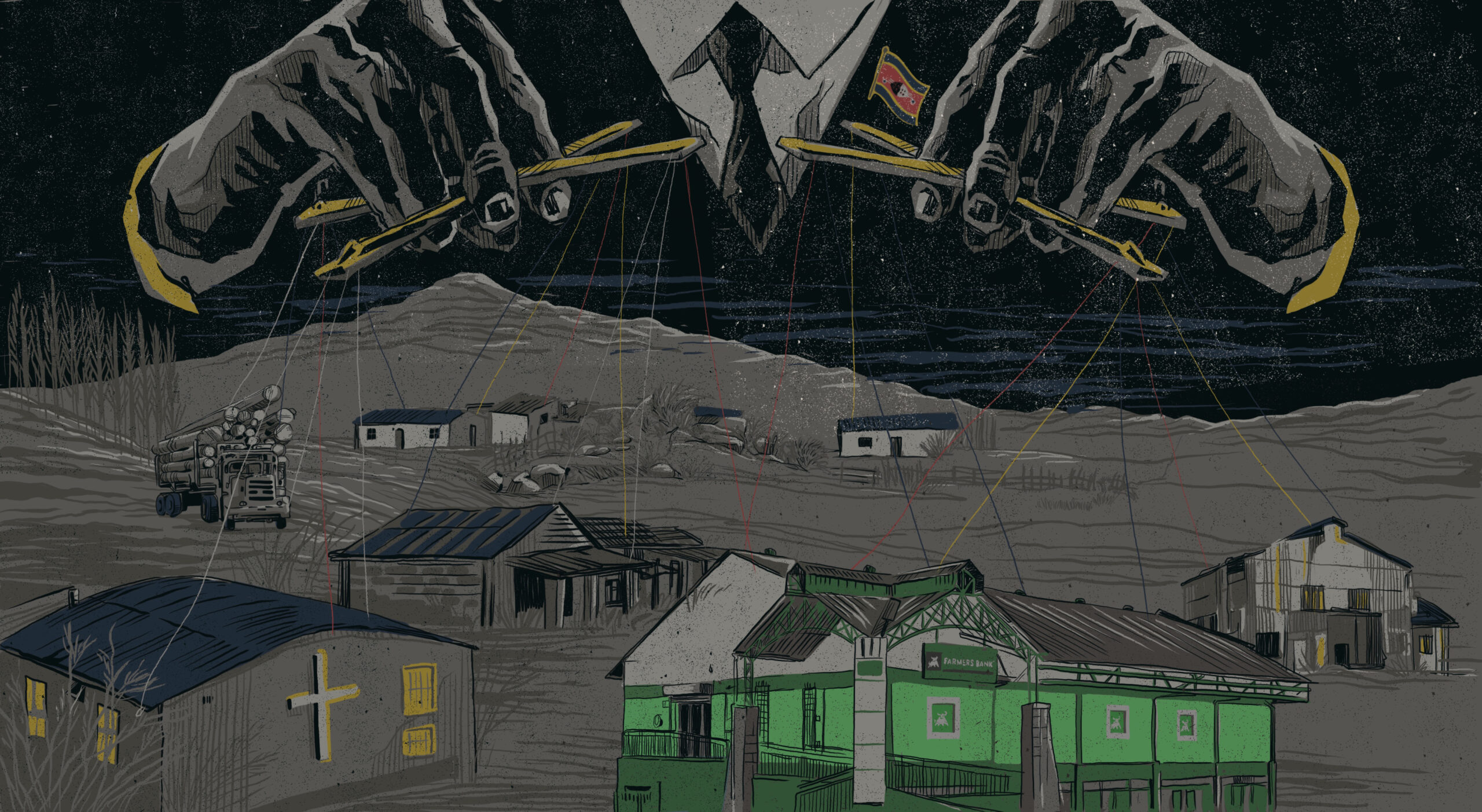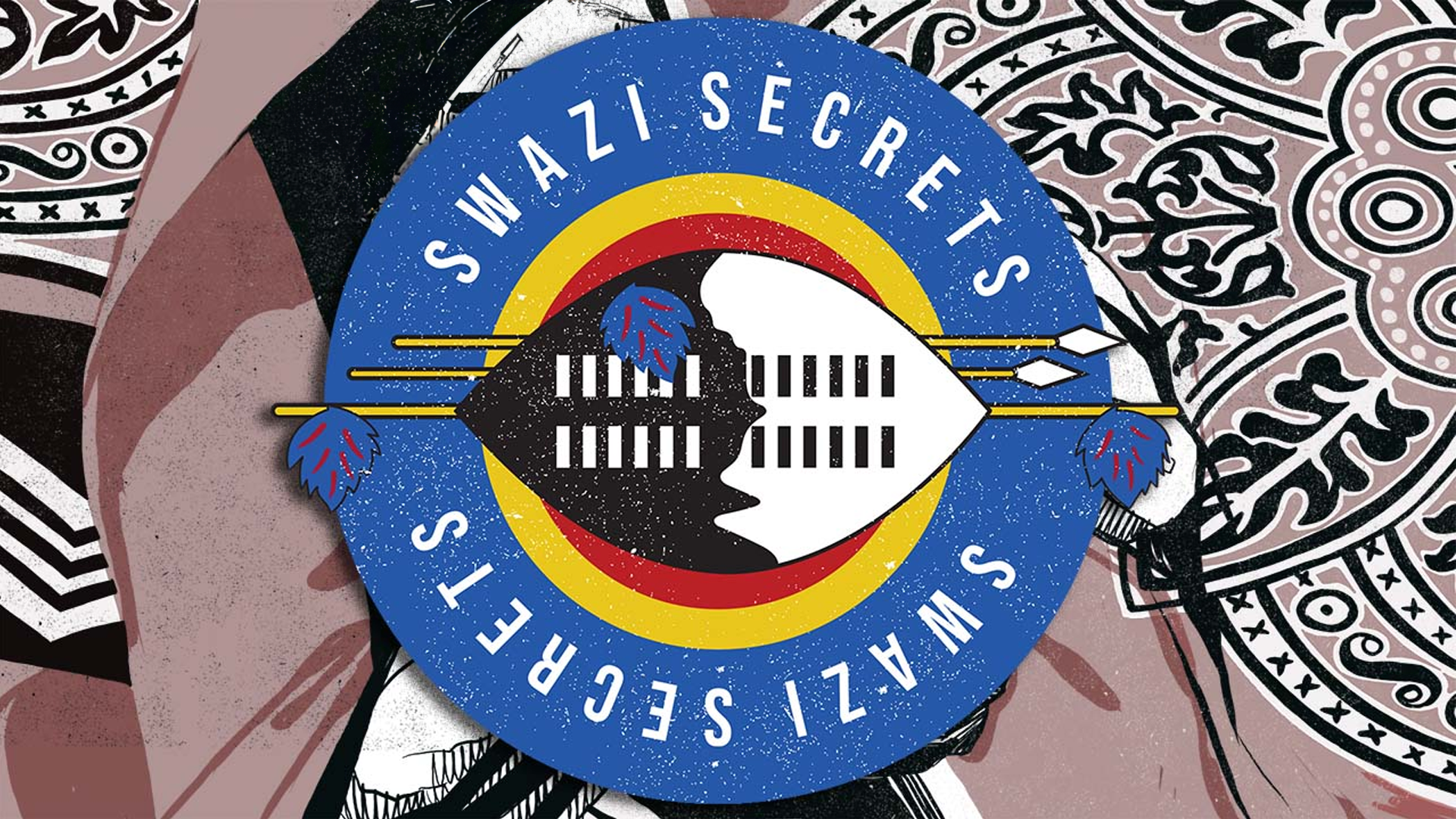PRESS FREEDOM
Lawmakers signal crackdown on press freedom following Swazi Secrets
After ICIJ’s investigation revealed the role Eswatini may have played in southern Africa’s illicit economy, members of the tiny kingdom’s parliament are seeking to prevent future leaks.

Lawmakers in the Kingdom of Eswatini are demanding that the country’s finance minister, Neal Rijkenberg, answer questions about a leak of confidential documents that formed the basis of the International Consortium of Investigative Journalists’ recent Swazi Secrets investigation, which revealed Eswatini’s little-known role as a possible pipeline in southern Africa’s illicit gold economy.
Members of Eswatini’s parliament — insisting to know whether anyone has been held accountable for the leak and what measures have been put in place to prevent future leaks — introduced a motion last month to haul in Rijkenberg.
In an ominous sign for press freedom in Eswatini, discussion around the motion turned to conspiracy theories, with MPs suggesting the leak may have been a plot to destabilize the kingdom, Africa’s last absolute monarchy.
The MP who brought the motion, Welcome Dlamini, questioned the motive behind the leak. According to local media, he told parliament that the leak was an attempt to foment revolution, saying: “What’s the intention of this leak while we are fresh from a civil unrest? We need to establish the motive for these leaks.”
Dlamini, a former journalist who was president of the Swaziland National Association of Journalists, has previously called for tighter state regulation of the media in Eswatini.
#Eswatini 🇸🇿 : MP W. Dlamini tabled a motion in parliament to introduce measures against journalists who criticise the regime of King Mswati III. RSF condemns this attempt, which could prevent investigations of public interest, such as “Swazi Secrets.” pic.twitter.com/QEmeKjDkkU
— RSF (@RSF_inter) July 25, 2024
The MP who seconded his motion, Alec Lushaba, is also a former journalist. Lushaba claimed that the leak could have come from international financial institutions like the World Bank which, he said, monitor how states use their money. According to local media, he asked, “Why should we trust that the leak came from the country and not from the same organizations?”
At least one MP openly disagreed with Dlamini. Nomalungelo Simelane told fellow lawmakers that “Were it not for the whistleblowers, we wouldn’t be aware of the high-level corruption happening in the country. Why focus on the whistleblowers and not take action against those who were exposed by the leaks as having done corrupt practices?”
She homed in on the beleaguered Farmer’s Bank, which was improperly awarded a license to operate in the kingdom. The Swazi Secrets investigation showed how political pressure helped ram through the bank’s license application. It also revealed the unusual role that Rijkenberg, the finance minister, played in the bank.
Swazi Secrets was based on a leak of over 890,000 documents from the Eswatini Financial Intelligence Unit, which monitors financial transactions in the kingdom and reports on suspected money laundering and other illicit activities. These documents were obtained by Distributed Denial of Secrets, a nonprofit devoted to publishing and archiving leaks, which shared them with ICIJ. ICIJ coordinated a team of 38 journalists across 11 countries to examine the documents.
Swazi Secrets also revealed how figures close to Eswatini’s king benefitted from his influence and the country’s weak financial and anti-money laundering controls, including Rijkenberg. Rijkenberg was named in the documents in connection with one of his companies purchasing sensitive Israeli spyware — allegedly for the use of the government and police.
The state has clamped down on dissent and criticism since widespread anti-government unrest in 2021 in which dozens were killed. Media in the country is tightly controlled, and journalists are frequently threatened, arrested, subjected to violence and forced into exile.
Sadibou Marong, the sub-Saharan Africa director of Reporters Without Borders, noted that the motion is part of a long tradition of “preventing journalists from working freely and independently” in Eswatini. “We believe that such a move [is evidence of a] worsening trend of press freedom,” he told ICIJ.



